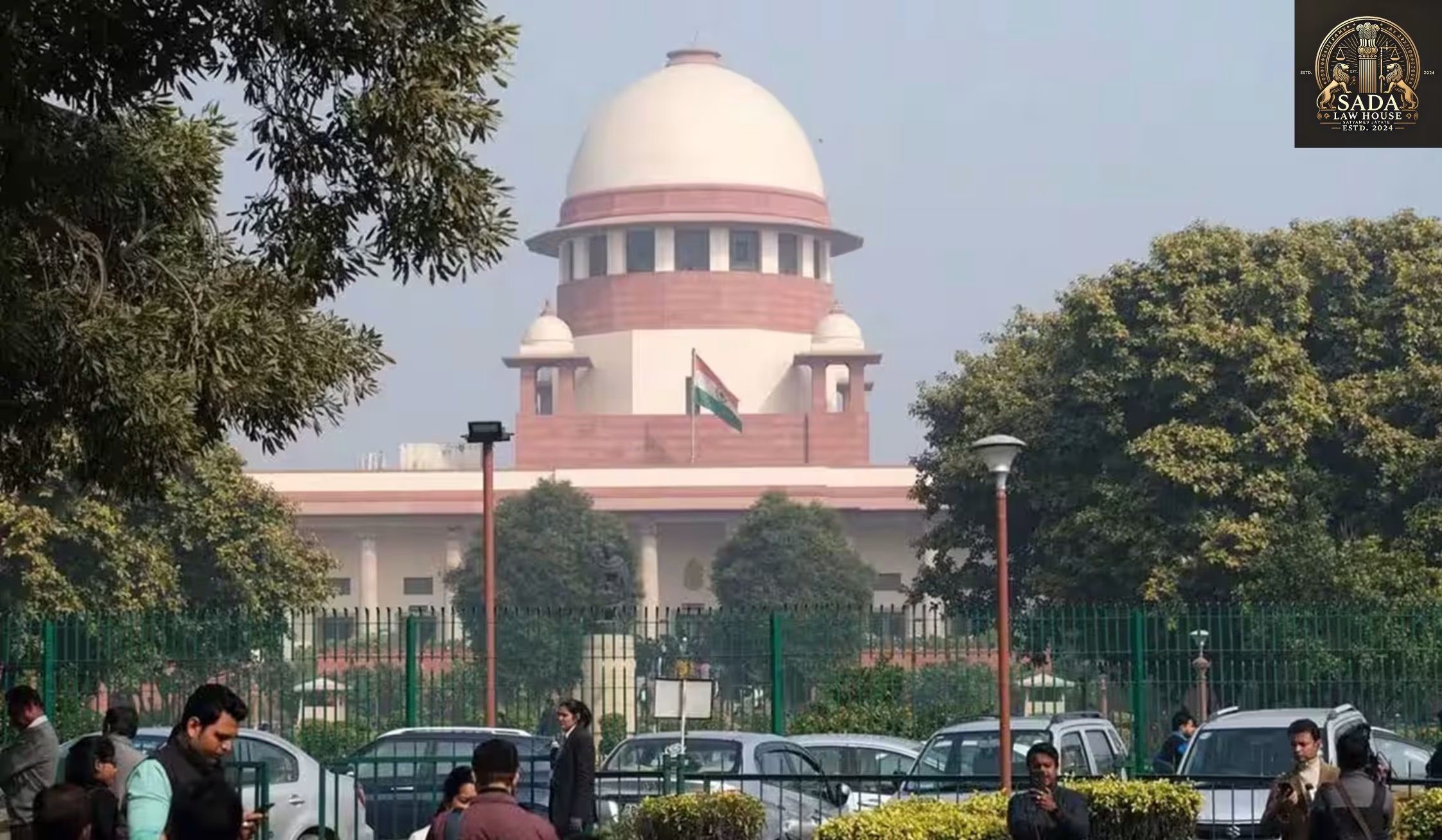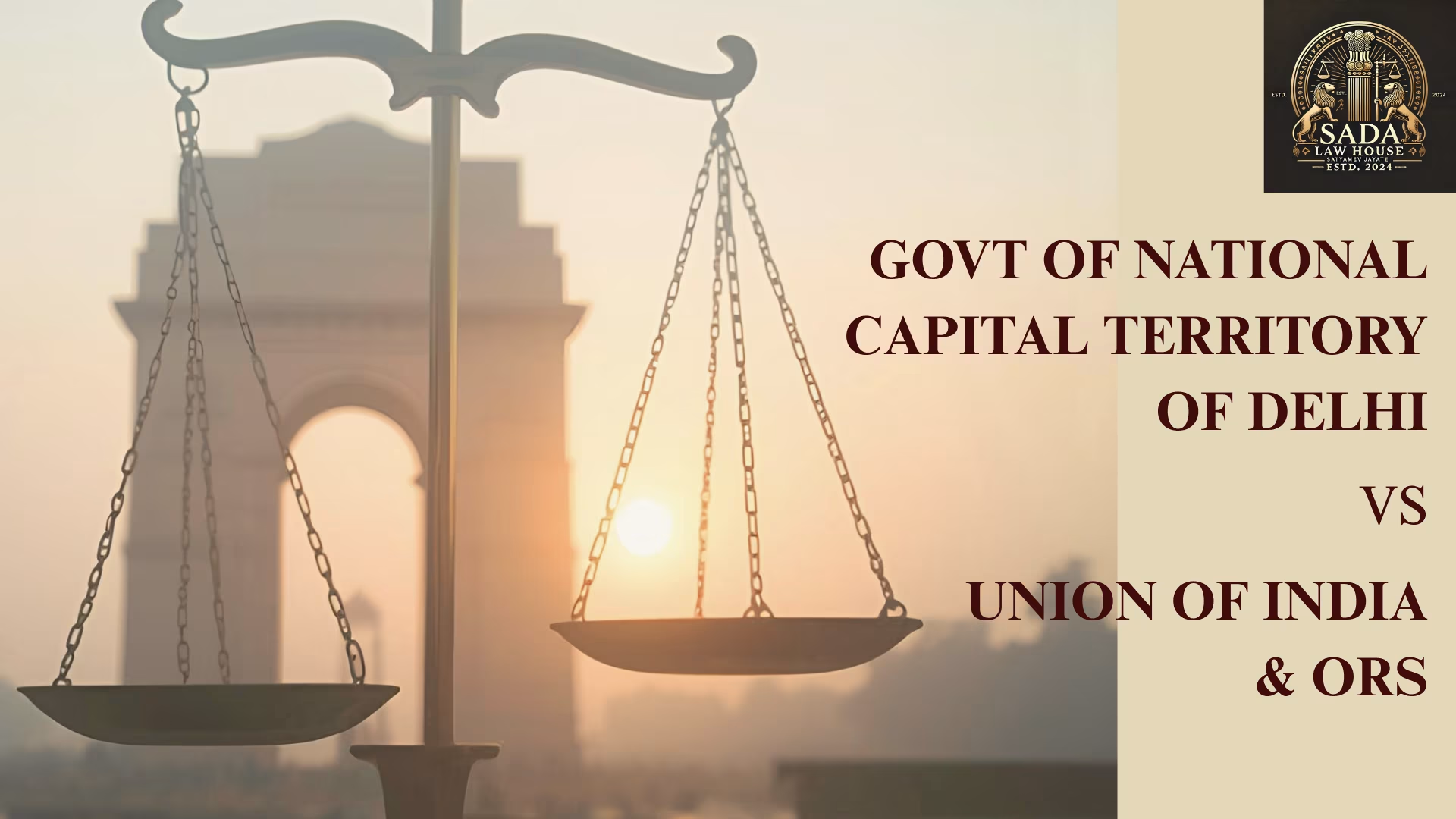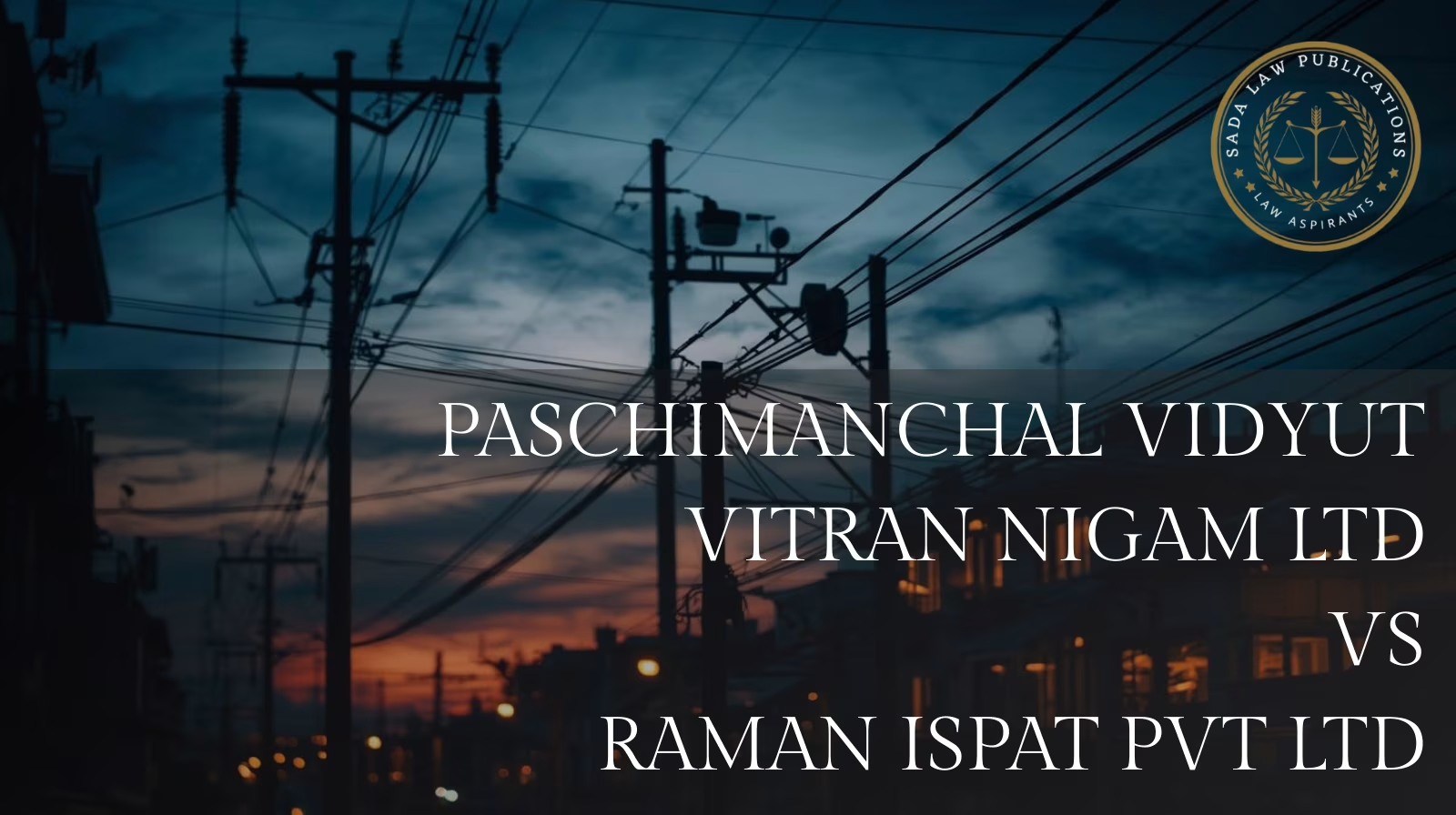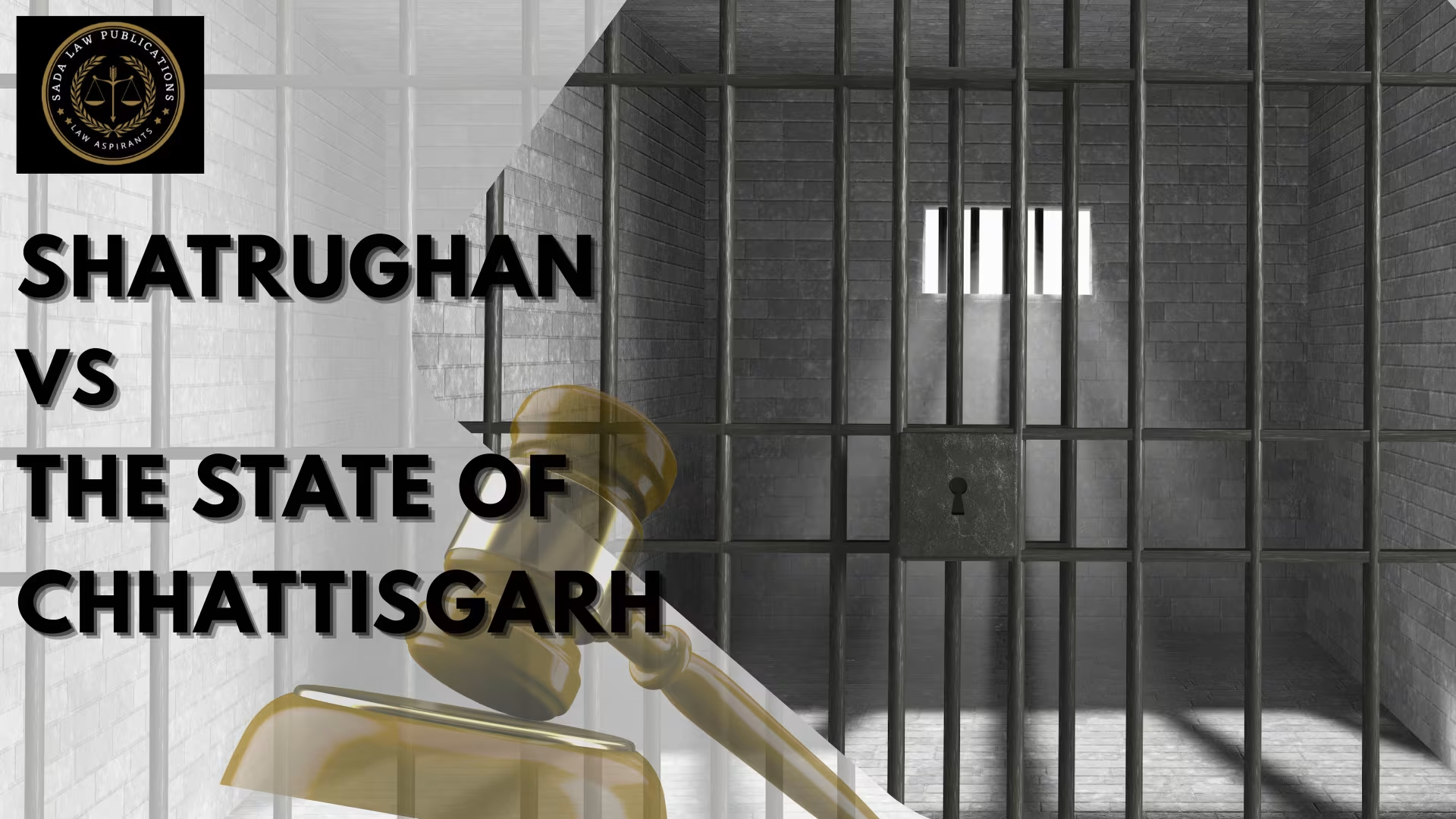Supreme Court Clears Teacher of Abetment Charges in Student Suicide Case Under Section 306 IPC
- Prabhat Kumar Biltoria
- 2 June 2025

Supreme Court of India discharges teacher accused of abetment in student suicide case under Section 306 IPC, ruling that mere scolding does not constitute instigation or provocation. Learn more about this landmark judgment.
Overview of Supreme Court Verdict on Teacher’s Role in Student Suicide
The Supreme Court of India recently discharged a teacher accused of abetting a student’s suicide, clarifying that mere scolding does not amount to abetment under Section 306 IPC. This significant judgment addresses the crucial aspect of mens rea (intention) in suicide abetment cases, emphasizing the need for clear evidence of instigation or provocation.
Case Background: Teacher’s Scolding and Student’s Suicide
In this case, a student tragically took their own life after being scolded by their teacher. The teacher was initially charged with abetment of suicide, facing legal scrutiny for allegedly provoking the student. However, the Supreme Court found no evidence to prove that the teacher intended or anticipated the student’s fatal reaction.
Supreme Court’s Rationale: Absence of Mens Rea and Instigation
The bench, comprising Justices Ahsanuddin Amanullah and Prashant Kumar Mishra, overturned the Madras High Court’s refusal to discharge the teacher. The Court reasoned that:
The teacher acted responsibly in response to a complaint.
No evidence suggested the teacher intended to cause the student’s suicide.
To establish abetment under Section 306 IPC, elements such as instigation, provocation, or deliberate assistance must be proven.
Mere scolding, without evidence of intent or encouragement, cannot lead to a charge of abetment to suicide.
Legal Implications: Defining Abetment in Suicide Cases
This ruling reinforces the legal principle that abetment of suicide requires clear proof of intentional acts or encouragement leading to the tragedy. It serves as an important precedent, highlighting that ordinary disciplinary actions like scolding do not equate to criminal liability unless accompanied by deliberate harmful intent.
Conclusion: Supreme Court’s Role in Protecting Responsible Authority
The Supreme Court’s decision to discharge the teacher underscores the importance of distinguishing between disciplinary measures and criminal acts. It protects responsible authorities from unwarranted charges when no mens rea or instigation is established.
Case Laws






